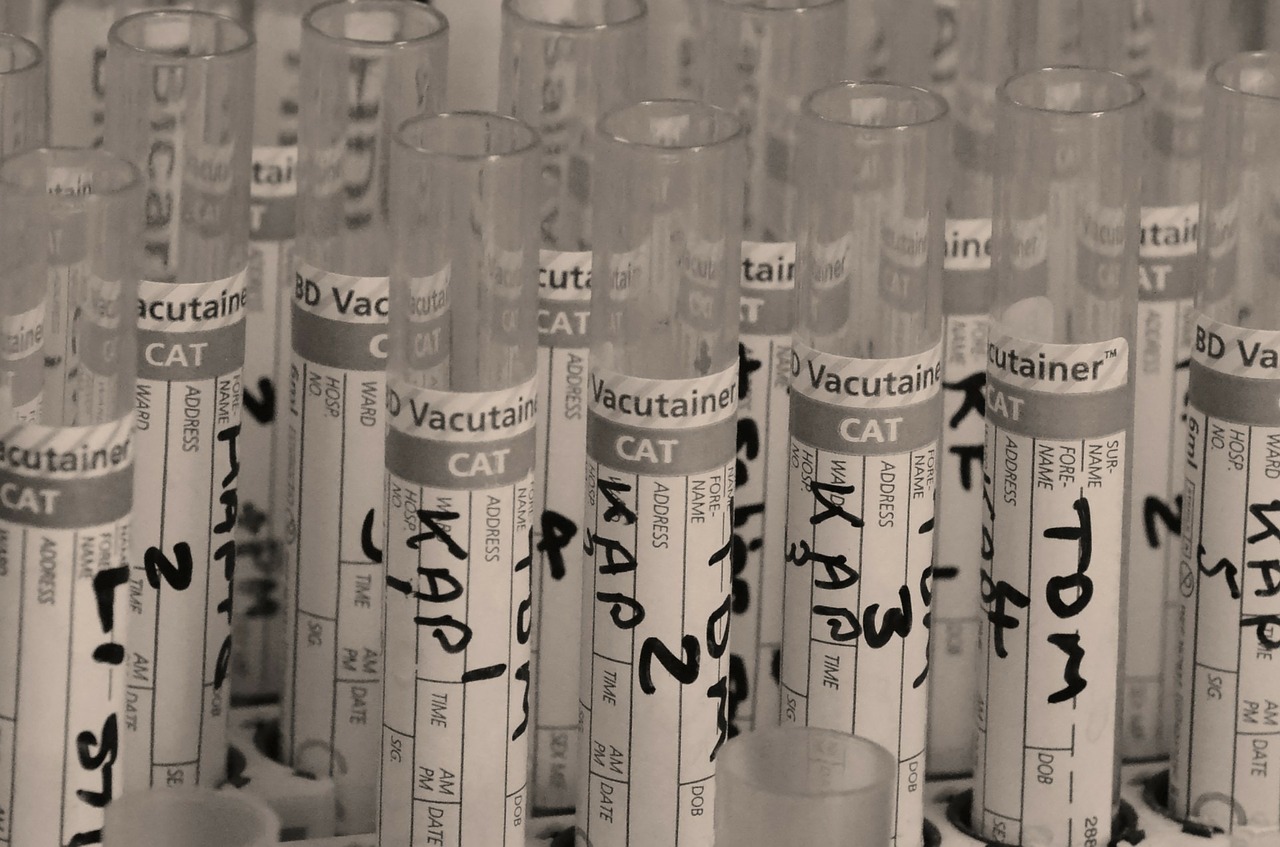A Decade Later, a Patient Finds Out Her Genetic Test Was Wrong
By Sarah Zhang,
The Atlantic
| 05. 11. 2017
Should scientists give results to participants in research studies if they haven’t been validated in a clinical lab?
SALT LAKE CITY—In the mid-2000s, when Vicki Rieke’s mom was being treated for her second bout of colon cancer in a hospital out of state, doctors suggested it was time to get tested. Colon cancer can be genetic, but it is also one of the more preventable cancers. A genetic test could give Vicki and her siblings life-saving information.
As it turns out, her mom, Dianne King, did have a mutation for Lynch syndrome. The condition predisposes people to a whole host of cancers. (She passed away last month after her sixth cancer.) Her children had a 50/50 percent chance of inheriting that Lynch syndrome mutation. So when the test requested by her mom’s doctors came back positive for Rieke, too, that news didn’t shock her. “It was kind of just not surprising with my mom’s history,” she said.
The shocker came more than 10 years later: Rieke, who is now 46, got retested at a new lab in Utah, and it...
Related Articles
By Diaa Hadid and Shweta Desai, NPR | 01.29.2026
MUMBRA, India — The afternoon sun shines on the woman in a commuter-town café, highlighting her almond-shaped eyes and pale skin, a look often sought after by couples who need an egg to have a baby.
"I have good eggs,"...
By Roni Caryn Rabin, The New York Times | 01.22.2026
The National Institutes of Health said on Thursday it is ending support for all research that makes use of human fetal tissue, eliminating funding for projects both within and outside of the agency.
A ban instituted in June 2019 by...
By Mike McIntire, The New York Times | 01.24.2026
Genetic researchers were seeking children for an ambitious, federally funded project to track brain development — a study that they told families could yield invaluable discoveries about DNA’s impact on behavior and disease.
They also promised that the children’s sensitive...
By Phil Galewitz, NPR | 01.20.2026
Serenity Cole enjoyed Christmas last month relaxing with her family near her St. Louis home, making crafts and visiting friends.
It was a contrast to how Cole, 18, spent part of the 2024 holiday season. She was in the hospital...




